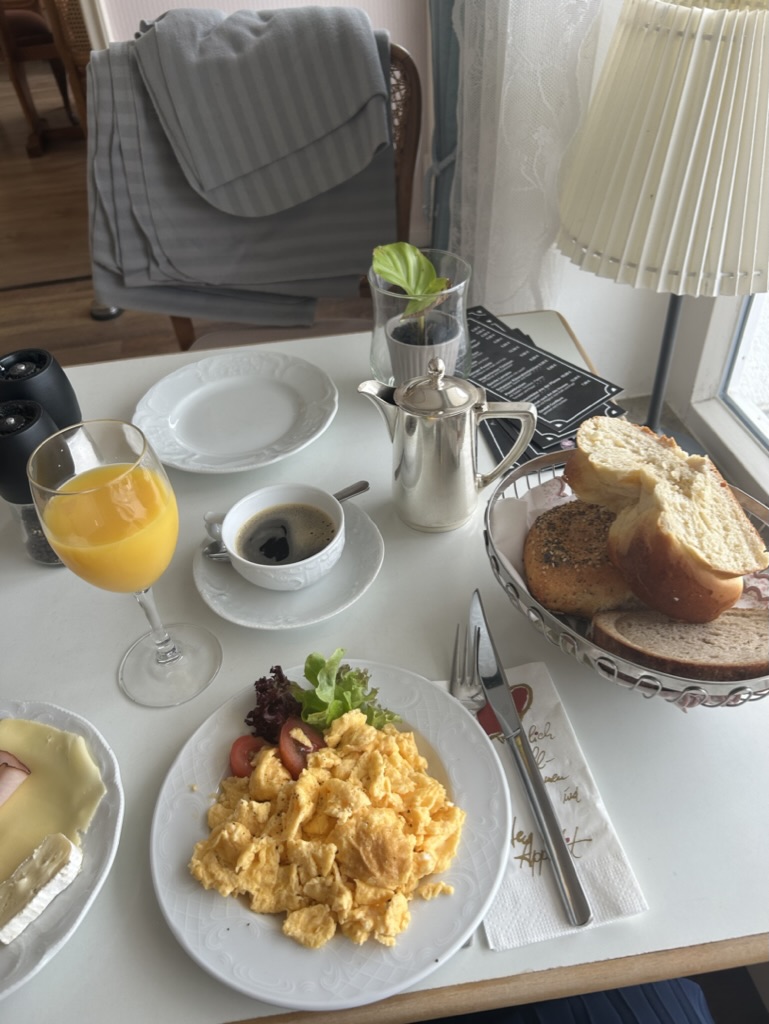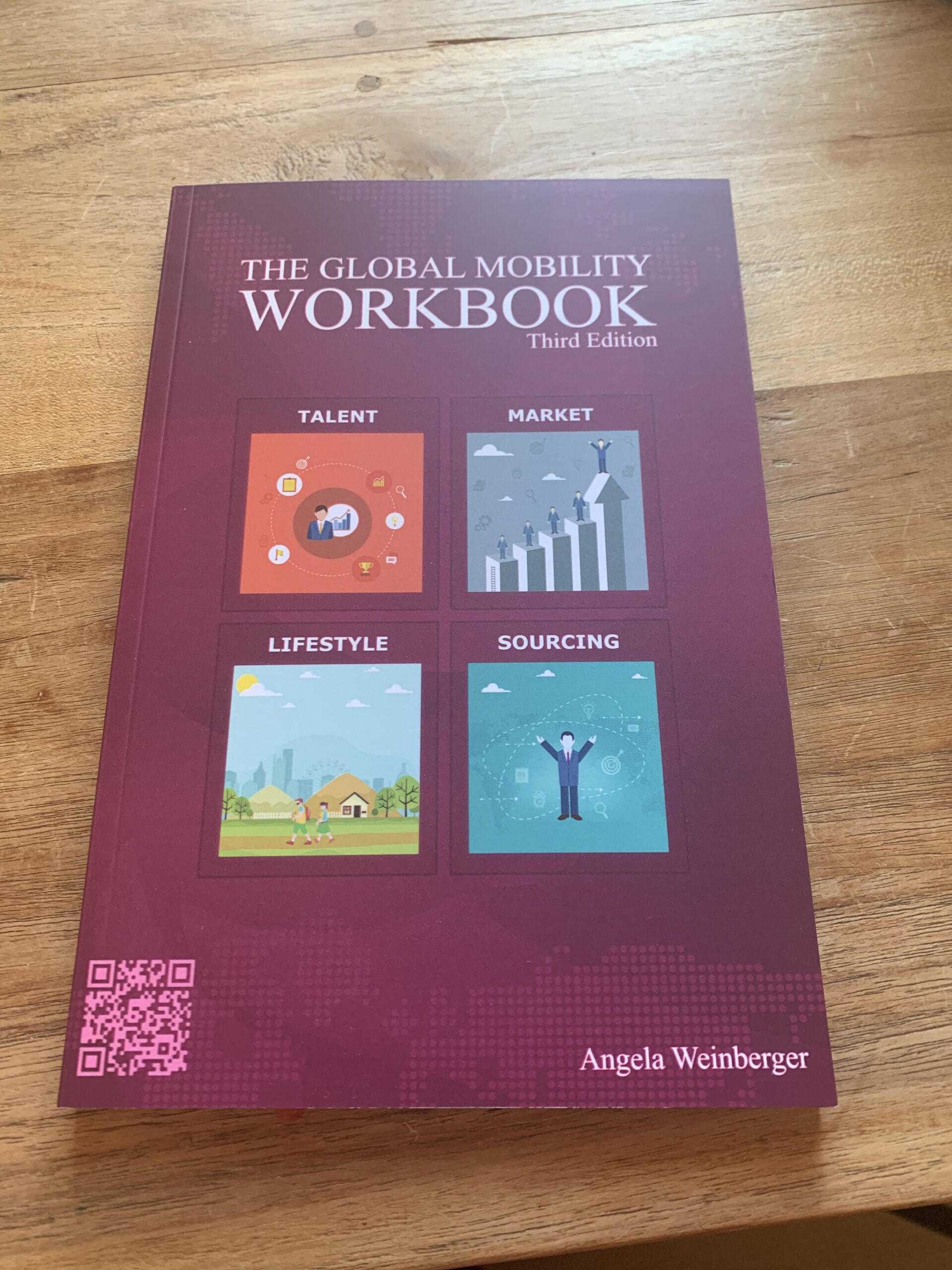Author Archives: Angie Weinberger
Seven Virtues for Purpose, Performance, and Productivity

Seven Virtues for Purpose, Performance, and Productivity The Back-to-School Mood Rose petals sprinkled over my neglected Zen Garden, sunflower fields turned brown, and you have started to turn on the lights in the morning again. When you get home from work, you don’t want to sit outside anymore as it is dark, but you might vaguely remember this feeling you had as a kid when you were playing hide and seek at this time of the year, and it was just a notch better because it got dark at dinner time. This August is a bit like the “Summer of ‘69”. Did you also feel like a Rockstar? Finally out again in the world, listening to “Rock’n’Roll Music” or “Jailhouse Rock.” […]
How to Maintain Mental Wellbeing as an Expat

Moving to a new country can be an exhilarating adventure, but it also comes with its fair share of challenges. As an expat, you may find yourself navigating unfamiliar environments, dealing with language barriers, and coping with homesickness. In the midst of all these changes, it’s easy to neglect your mental well-being. That’s why we’ve created this comprehensive guide to help expats prioritize self-care and maintain their mental health while living abroad. From practical tips on finding local support systems to strategies for managing stress and anxiety, this guide covers it all. Whether you’re a seasoned expat or just starting your journey, we believe that taking care of your mental well-being is essential for a fulfilling and successful expat experience. […]
Bringing the Family on Board in Global Mobility

Bringing the Family on Board in Global Mobility Have you been offered an international project or long-term assignment to another country and are not sure how to bring your family on board? Many expats make difficult decisions. These decisions are not always to the liking of our partner or children, especially teenagers can be quite difficult when they find out that they have to leave their friends. Having worked in Global Mobility for a long time in my career, I would like to help you with tips of bringing the family on board in global mobility earlier in the process. You might argue now that your partner knew when they married you, that you had an international outlook on your […]
Linguistic Diversity in Switzerland

Linguistic Diversity in Switzerland: Exploring the Languages Spoken in a Multilingual Country Guest Post by Sean Hopwood, President of Day Translations Switzerland, renowned for its picturesque landscapes, political stability, and exquisite chocolates, is also celebrated for something less conspicuous yet equally remarkable – its linguistic diversity. Nestled in the heart of Europe, this small and landlocked country is a melting pot of cultures, traditions, and languages. While the linguistic diversity in Switzerland may not be as renowned as its iconic Alpine vistas, it is an essential cornerstone of its unique identity. In this article, we explore Switzerland’s fascinating linguistic tapestry, where four official languages intertwine to create a harmonious symphony of communication. German, French, Italian, and Romansh coexist within the […]
Expat Selection in Global Mobility

Moving from Ad-hoc Hiring to a Global Sourcing Approach Expat Selection is a myth and if you would like to select expats in a structured manner you better start with a few basic adjustments in your global sourcing process. Succession Planning as a Basis for Expat Selection Succession Planning should guide the individual development plan, the international assignment business case, and the transition plan. I advise thinking about the international assignment from the end. Start to think about the next role before you discuss the international assignment business case with the assignment targets and cost projection. In other words, find a position the assignee could fill after the assignment in your succession plan. Most companies only have a succession plan […]

